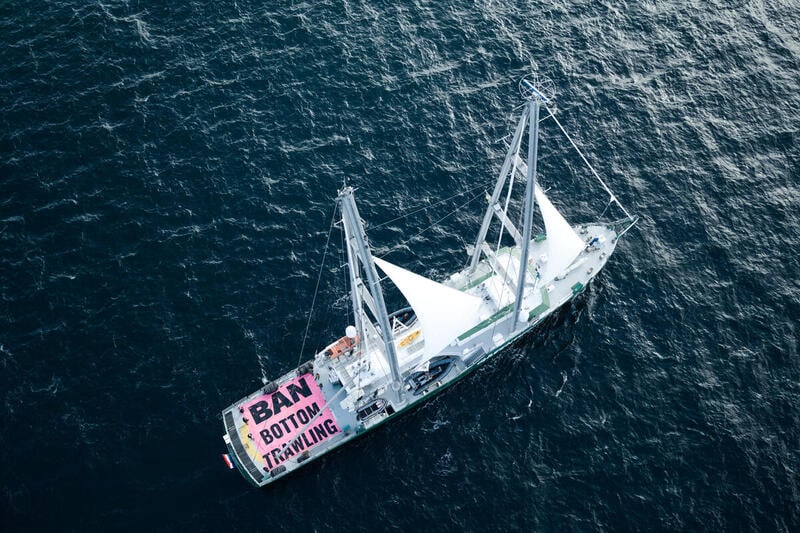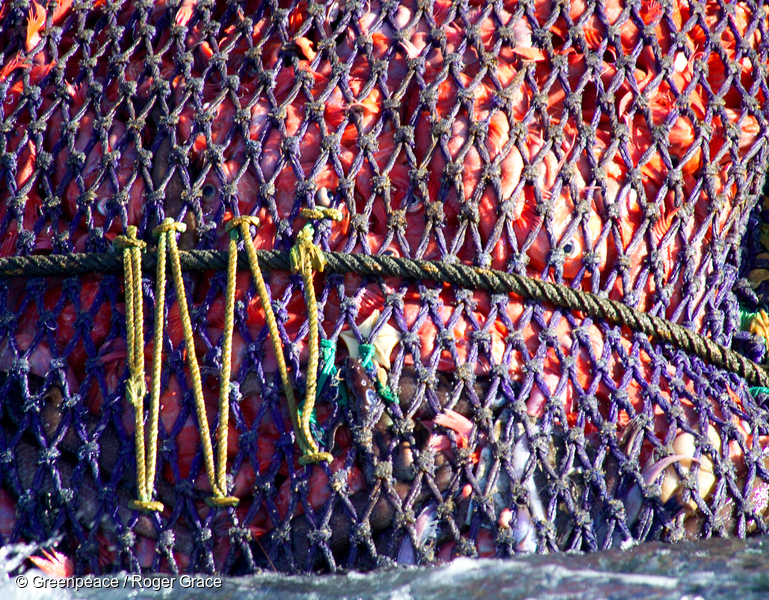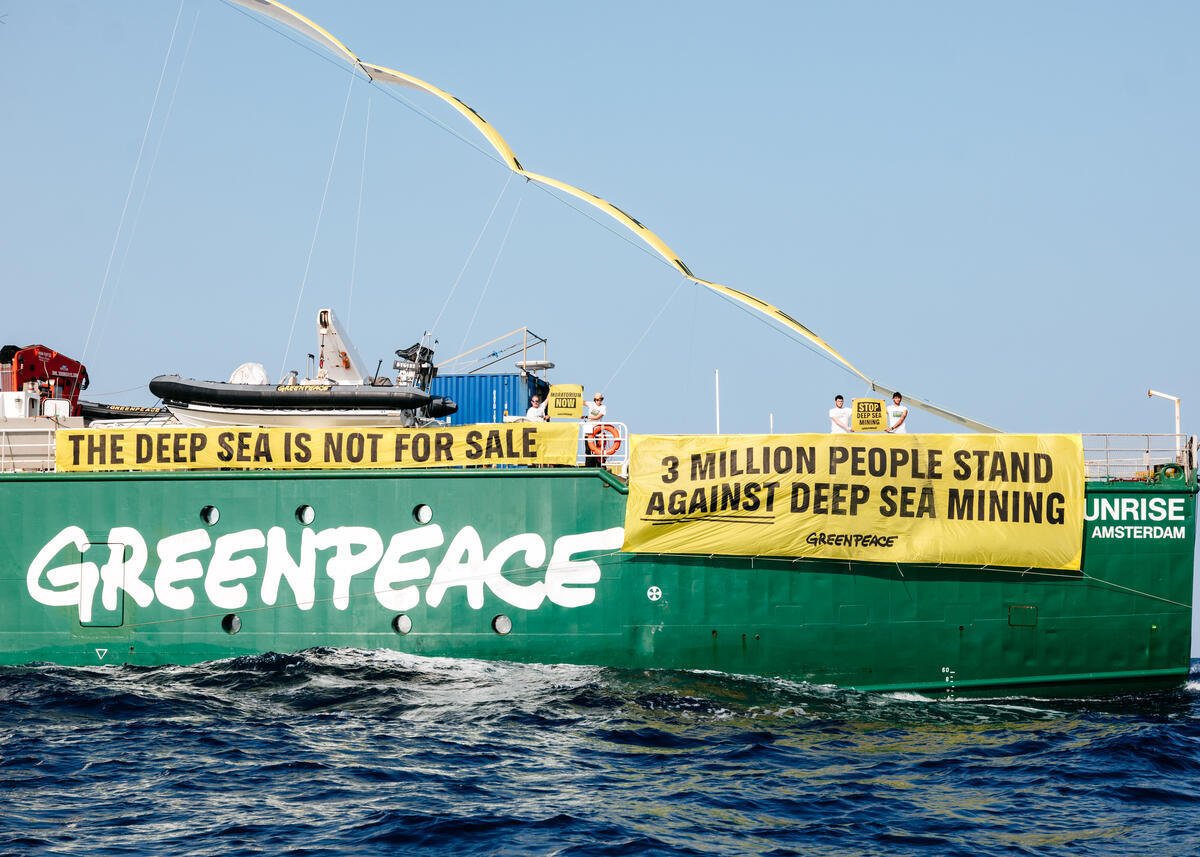Greenpeace welcomes the Government announcement this morning to put cameras on all commercial fishing vessels within the Māui dolphin habitat, but says more needs to be done if we’re to protect our ocean life from fishing industry harm.
Jessica Desmond, Greenpeace oceans campaigner, says putting cameras on boats is just one of several steps that need to be taken to protect critically endangered Māui dolphins, of which little more than 60 remain.
“Putting cameras on boats is essential if we’re to have accurate reporting of key regulated measures such as by-catch,” she says.
“But we also need to see an extension of the marine mammal sanctuary to cover the entire Māui dolphin habitat, and within this sanctuary a ban on net fishing, seabed mining, petroleum exploration and drilling.
“In taking this great first step for Māui, the Government has acknowledged cameras on boats have a huge role to play in the regulation of our fisheries, and accurate reporting of what is caught.
“Knowing this, the Government must now roll out cameras on commercial fishing vessels across the country, to ensure the rules are followed.
“Without doing this, we do not have a clear picture of our commercial fishing industry, and we rely on the conscience of individual fishers to report bycatch, such as dolphins.”
A letter previously obtained by Greenpeace under the Official Information Act, reveals that commercial fishing companies, including Talley’s, have been lobbying hard against putting cameras on boats.
Desmond says the Government must not allow the fishing industry to self-regulate, and putting cameras on all commercial fishing vessels nationwide is the way we ensure the rules are followed.
“Our oceans are under an increasing number of threats – commercial fishing is one of the greatest. But rules to protect our seas are impotent if we can’t monitor that they’re being followed, and without cameras on boats – we simply can’t.”
ENDS




